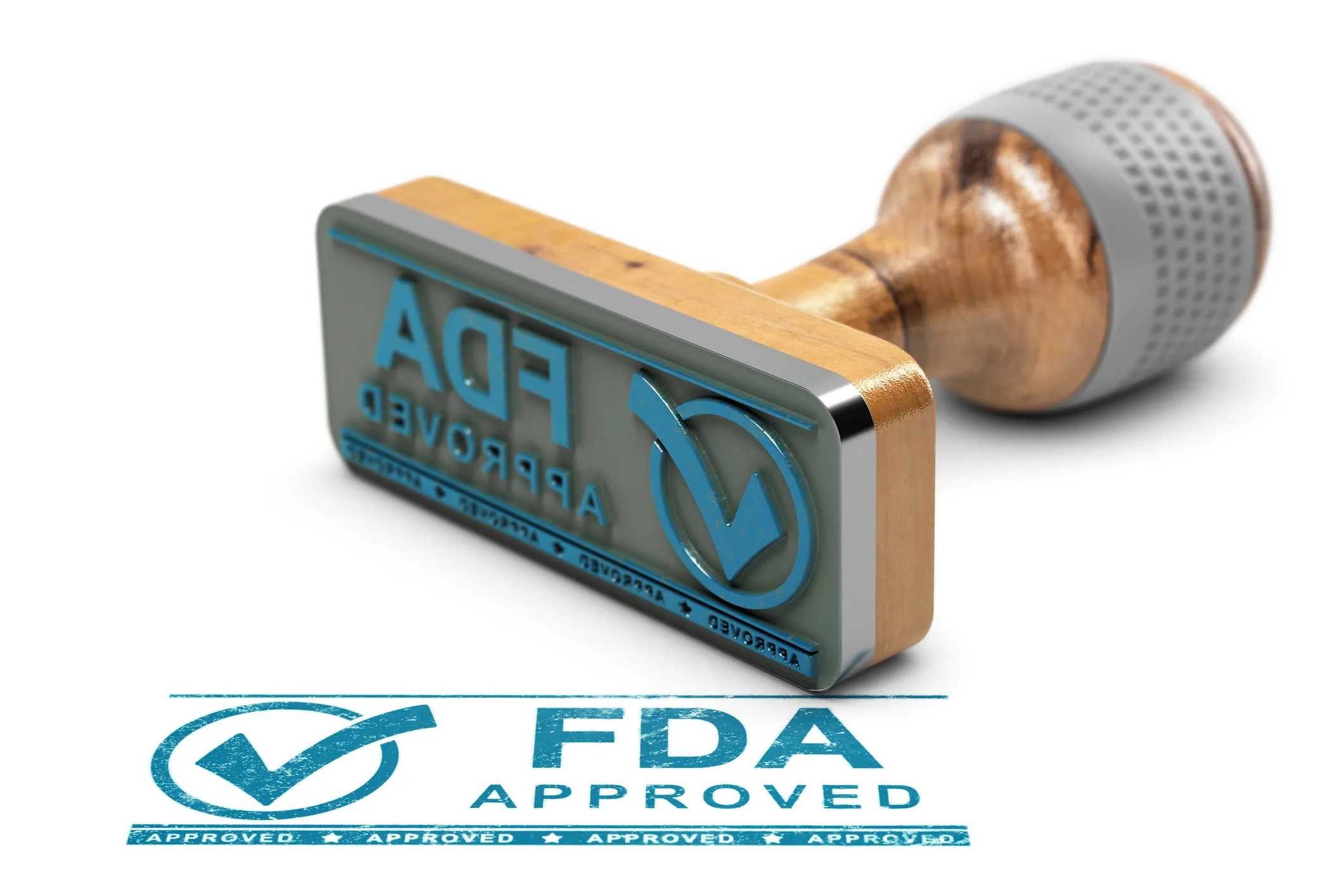
FDA Grants New Approval for Bayer’s Nubeqa™ (Darolutamide) in Treating Advanced Prostate Cancer
Bayer today announced a significant milestone in the treatment of prostate cancer, revealing that the U.S. Food and Drug Administration (FDA) has approved an expanded use of its androgen receptor inhibitor (ARi), Nubeqa™ (darolutamide). This latest approval allows Nubeqa, in combination with androgen deprivation therapy (ADT), to be prescribed for patients with metastatic castration-sensitive prostate cancer (mCSPC)—also referred to as metastatic hormone-sensitive prostate cancer (mHSPC). This marks the third approved indication for the drug in the United States, broadening its application across different stages of the disease.
Groundbreaking Clinical Data Supports Approval
This FDA approval is based on compelling results from the pivotal Phase III ARANOTE clinical trial. The study evaluated the efficacy and safety of darolutamide when used in combination with ADT in men diagnosed with mHSPC. According to the data, the combination significantly lowered the risk of radiological disease progression or death by 46% compared to patients who received ADT alone with a placebo. The reported hazard ratio (HR) was 0.54, with a 95% confidence interval (CI) of 0.41–0.71, and the results were statistically significant (P<0.0001).
This clinical evidence further cements Nubeqa’s status as a valuable treatment option for physicians managing patients with advanced prostate cancer, especially those seeking to delay disease progression and maintain a higher quality of life.
Expanded Indication in the U.S.
With this decision, Nubeqa plus ADT is now officially indicated in the U.S. for adult patients with metastatic hormone-sensitive prostate cancer, regardless of whether docetaxel—a chemotherapy agent—is also administered. The drug is already approved in the U.S. for treating non-metastatic castration-resistant prostate cancer (nmCRPC) in patients who are at a high risk of developing metastatic disease. This latest approval opens a broader therapeutic window for oncologists, allowing them to treat mHSPC with or without chemotherapy, thereby offering more flexibility based on each patient’s individual medical needs and circumstances.
Dr. Fred Saad, Professor and Chairman of Surgery and Director of Genitourinary Oncology at the University of Montreal Hospital Center (CHUM), and the Principal Investigator for the ARANOTE trial, emphasized the importance of this approval:
“Clinical data from the ARANOTE trial showed that darolutamide is both efficacious and well tolerated as a combination therapy with androgen-deprivation therapy. Combined with the strong clinical efficacy demonstrated in the ARASENS trial (Nubeqa plus ADT and docetaxel), today’s approval further expands options for how physicians can use Nubeqa in the treatment of mHSPC, giving them greater flexibility in choosing treatment plans for their patients.”
The Growing Impact of Prostate Cancer
Prostate cancer remains a major global health challenge. It is the second most frequently diagnosed cancer in men and ranks as the fifth leading cause of cancer-related deaths among men worldwide. In 2022 alone, approximately 1.5 million men were diagnosed with prostate cancer globally, and about 397,000 lives were lost to the disease.
Forecasts suggest this health burden will intensify in the coming decades. By 2040, it is projected that the number of prostate cancer diagnoses will nearly double to 2.9 million worldwide. Given this trajectory, the availability of more effective and better-tolerated treatment options is critical.
Christine Roth, Executive Vice President of Global Product Strategy and Commercialization and a member of Bayer’s Pharmaceuticals Leadership Team, underscored the broader implications of the approval:
“Patients with mHSPC want treatments that delay disease progression and extend life—without compromising their ability to stay active. This approval, supported by compelling clinical data, reaffirms Nubeqa’s potential to become a leading therapy across various stages of prostate cancer, underscoring our commitment to deliver meaningful outcomes for patients and their loved ones.”
Nubeqa’s Growing Global Footprint
Even prior to this expanded U.S. approval, Nubeqa had already established a strong global presence. It is approved for the treatment of mHSPC in combination with ADT and docetaxel in over 85 countries worldwide. Furthermore, it holds regulatory clearance for use in patients with non-metastatic castration-resistant prostate cancer (nmCRPC) who are at a high risk of metastasis in more than 85 markets. An application for approval in the European Union (EU) for darolutamide in combination with ADT (without docetaxel) for mHSPC is also currently under review.
Nubeqa reached blockbuster status in 2024, with total annual global sales exceeding €1.52 billion. This financial success reflects the drug’s increasing adoption among oncologists and its growing reputation for clinical efficacy and tolerability.
Darolutamide: A Distinctive AR Inhibitor
Nubeqa (darolutamide) is an orally administered androgen receptor inhibitor (ARi). What differentiates darolutamide from other AR inhibitors is its unique molecular structure, which limits its ability to cross the blood-brain barrier. As a result, the drug may offer a lower risk of central nervous system-related side effects such as seizures, cognitive impairment, or fatigue—adverse effects that are sometimes observed with other therapies in this class.
Darolutamide is jointly developed by Bayer and Orion Corporation, a pharmaceutical company headquartered in Finland. Their collaboration has been instrumental in driving the research, development, and global commercialization of this treatment, which is steadily gaining recognition as a cornerstone in the evolving landscape of prostate cancer care.
Implications for Clinical Practice
The latest FDA approval broadens the scope of treatment for mHSPC patients and encourages a more individualized approach to care. Oncologists now have the option to prescribe Nubeqa with or without chemotherapy, depending on the patient’s age, overall health, cancer progression, and personal preferences. This flexibility is particularly valuable in older patients or those with comorbidities who may not tolerate aggressive chemotherapy regimens.
This regulatory milestone also sets the stage for further exploration of Nubeqa’s potential in other stages and subtypes of prostate cancer, including earlier lines of treatment or in combination with next-generation therapies.







